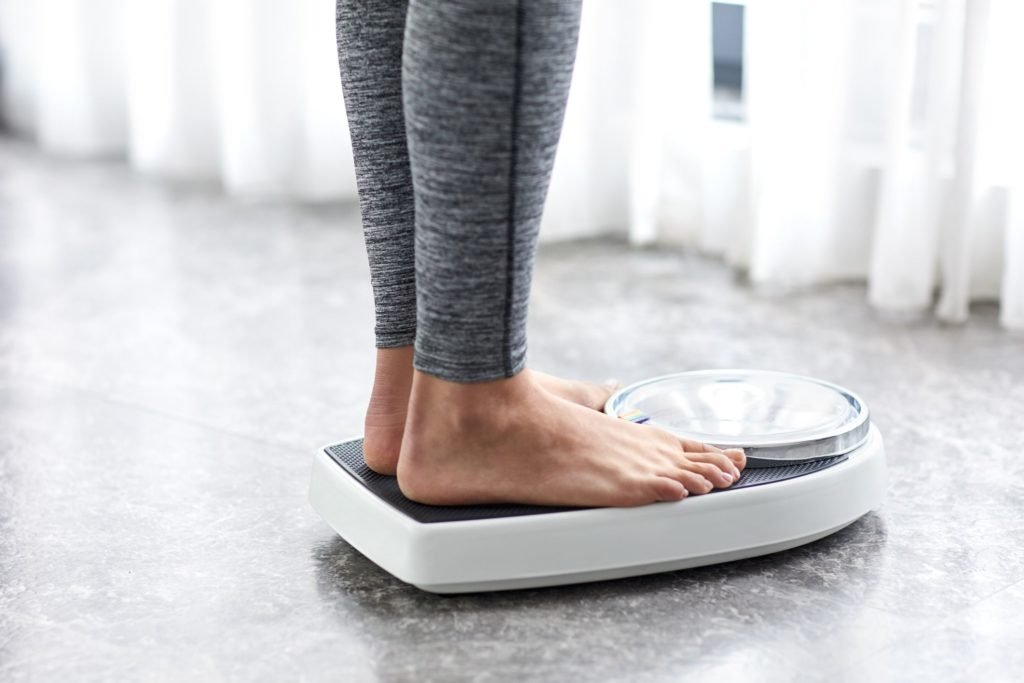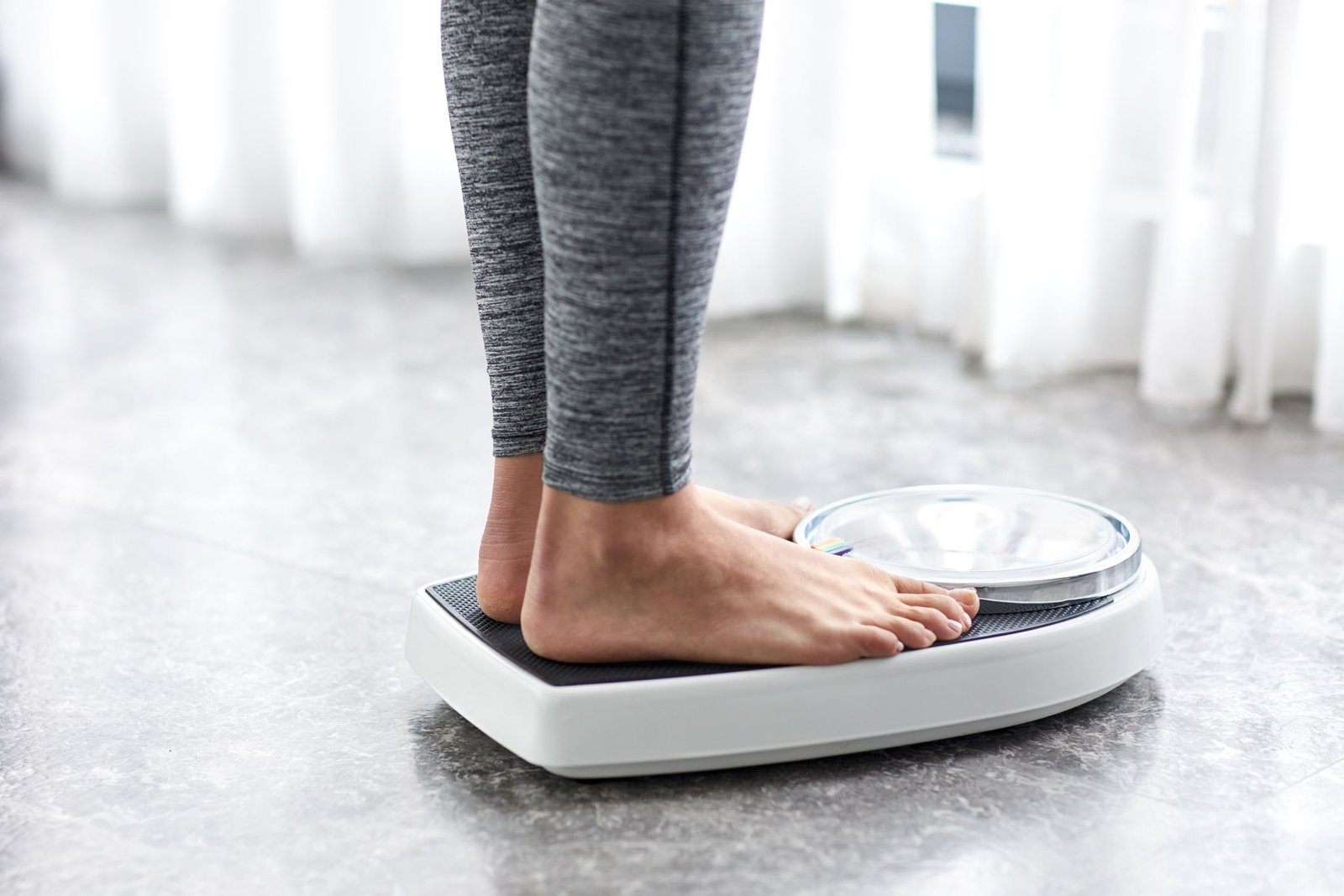Does muscle weigh more than fat? This sentence has been thrown out by professionals and non-professionals and it is a misconception among all of us.
DOES MUSCLE WEIGH MORE THAN FAT- THE FACT
So, today we are going to get rid of this misconception and understand the true meaning behind the loose phrase “muscle weigh more than fat”. Check out the full article to find the fact. Let’s begin.

DOES MUSCLE REALLY WEIGH MORE THAN FAT?
It is a myth that muscle weighs more than fat, if you take five pounds of fat and five pounds of muscle both will weigh the same. It is because when you are working out and increasing your exercises the muscle temporarily retains fluids so when you step on the scale that might not reflect the weight loss that’s going on or maybe you are not decreasing the calorie intake. So if you are working out and your weight is not going down it means you are eating a calorie level. In order to maintain that you probably need to go back and reduce the level of calories going in.
WEIGHT Vs. FAT
Underweight and overweight refer to how much you weigh compared to others at the same time it does not provide any great information about fitness and body composition.
People with the same height, weight, and age but look different in size. This is because people who look lean have more muscles and have less body fat. And those who look obese have more fat and thin muscles.
BMI or BODY FAT PERCENTAGE
Well, doctors calculate your body mass index(BMI) by considering your weight and height this will give you a two-digit number which will help you assess whether you are underweight, overweight, or even obese. According to the, WHO normal BMI is 18.5 to 24.9. But in some cases, BMI is not a true marker. For example; if you are an athlete, you probably have more muscles and less fat which will make you overweight but not necessarily unhealthy on the other hand if you are lean with a normal weight but less muscle and high fat this may get you a false assurance. So, monitoring your body fat is more important than your BMI. Body fat is how much of your body is composed of fat. Just because a person healthy body fat doesn’t mean that they have a healthy BMI at the same time an increased BMI puts you at risk for chronic diseases like diabetes, heart disease, etc. And also, if you are underweight with a low BMI it can cause immunity deficiency. Health experts say to be healthy and to maintain a healthy weight you should have fat in your body so it is important to stay active, eating healthier smaller portions to maintain a healthy BMI, and keeping fat under control.
REDUCE BODY FAT AND GAIN MUSCLE
Follow these essential tips listed below that can help you walk on the fine line between muscle building and fat loss:
- Increased consumption of protein daily will help protect your muscle tissue from breakdown.
- Don’t try to lose weight as quickly as possible try to lose weight slowly
- Start strength training at least three times per week
- Keep your cardio workout short it will burn fat and build muscle at the same time
- Exercise to gain muscle, not for fat lose
- Follow a healthy diet by taking in healthy fats
- Increase your cardio which is effective for burning fat
- Don’t fast or skip meals to lose weight
- Get enough sleep
KEEP IN MIND
If you are moving on with a healthily balanced diet and exercises it will be better for you to ditch the scale. It is because you judge the success of your plan by what the scale says, and the truth is that it can’t tell you what kind of positive changes are happening inside your body day by day. So in order to prevent that pay more attention to internal changes such as finding yourself slim overall, dropping clothing sizes, increased energy, stamina, better sleep quality, and even more positive moods.
Remember that when you feel good it is necessary to look good too, so don’t obsess over the scale
